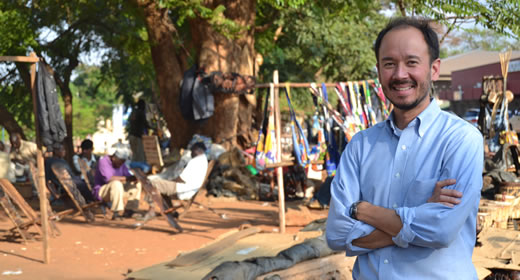
At a microfinance bank in Maputo, Mozambique, Dean Yang and colleagues engaged clients in a lab-in-the-field experiment with interesting implications for those who care about increasing the number and level of remittances, the financial contributions migrants sends to relatives and friends back home. Migrant remittances dwarf foreign aid from the development world, and are a powerful tool for enhancing economic development.
Yang had participants at the bank play dictator games, “a common type of lab experiment in economics where the respondent splits a certain “pot” of money between themselves and someone else,” he explains. By U.S. standards, the pots of money were small—just $10 to $40 dollars—but in Mozambique, the value was substantial. Yang found that participants shared more when they could translate the money to in-kind contributions of building materials or other goods, rather than just cash.
The takeaway? “When people think about making gifts or transfers to others, they care about what specifically gift-recipients are consuming…not just about their level of consumption,” says Yang. “[H]aving an ability to control what gift-recipients consume may lead to more giving.”
The paper, a collaboration with Catia Batista (Nova University, Lisbon) and Dan Silverman (Arizona State), will be published in the Journal of Economic Behavior and Organization.
Dean Yang is co-director of the Ford School's International Policy Center and an associate professor of public policy and economics. His research, designed to address global poverty, focuses on international migration, microfinance, health, corruption, and the economics of disasters.
More news from the Ford School